Natural solution to control pig ileitis
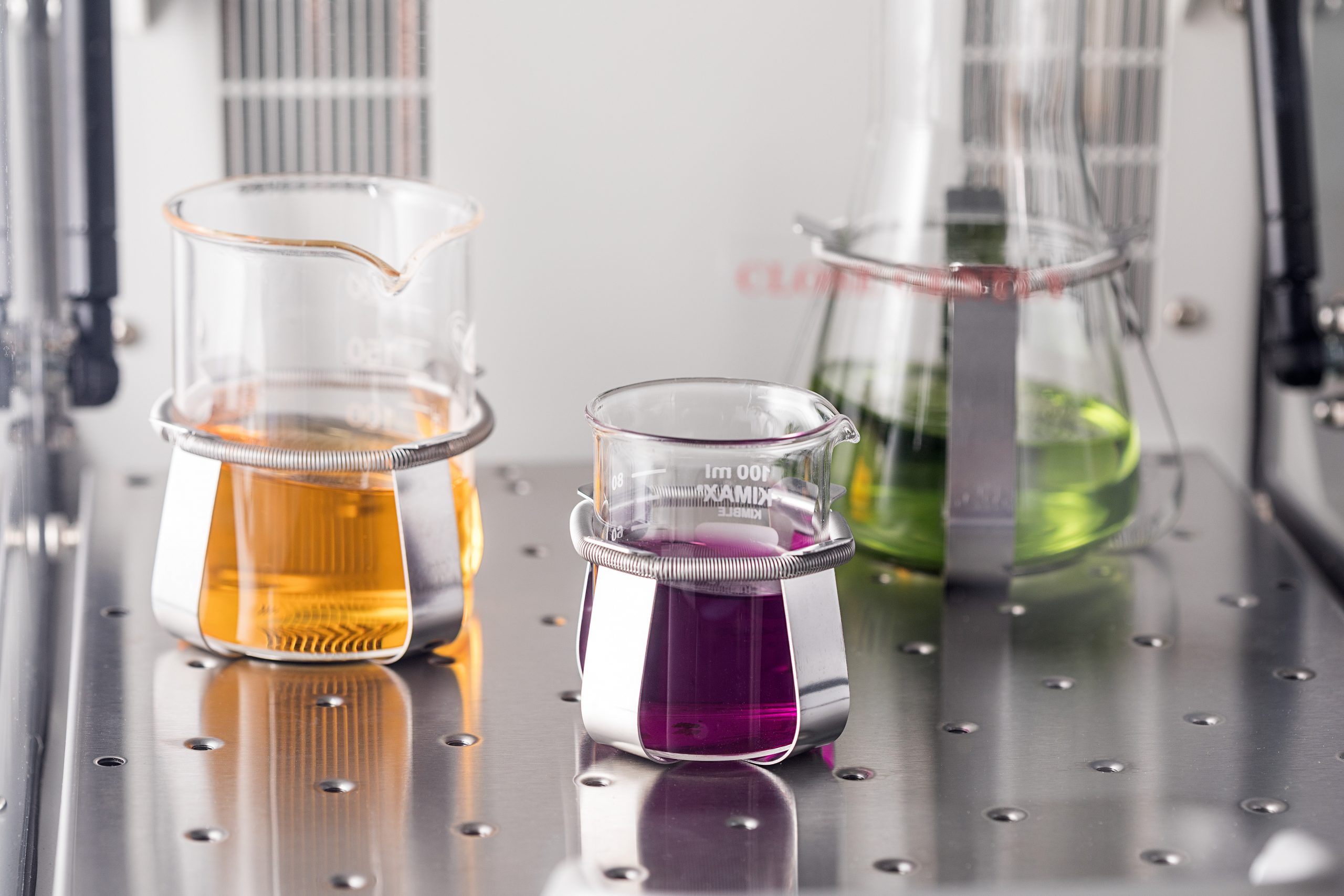
Lawsonia intracellularis, causative agent of pig ileitis (PI), is one of the most economically important pathogens in pig production all over the globe. Economical losses are estimated from 0.50 to 1.00 € per affected growing pig (McOrist, 2005).
The biggest challenge in controlling PI, is the most common form, subclinical PI, where the only symptom is a financial loss. Poor pig production is a consequence of ineffective digestion and reduced nutrient absorption, influenced by L. intracellularis.
The increase incidence of PI is considered to be a direct consequence is withdrawal of antibiotic growth promoters (AGPs) from pigs’ diets. Therefore, there is a strong scientific and commercial urge to find safe, reliable and cost-effective replacement to AGPs.
Benefits of phytogenic feed additives
Phytogenic feed additives (PFA) have potential to be alternative to AGPs and there is increasing evidence of PFA beneficial effects on pig gut health. PFA are a heterogenic group of plant’s secondary compounds (PSCs). These secondary metabolites are generally recognised as safe (GRAS) and have proven potential to be a non-antibiotic growth promoter in the pig industry.
The beneficial effects of PFA on pig health and performance are mainly correlated to their effects on the level of gastrointestinal tract (Figure 1) and associated with well-known activities of their PSC such as: antibiotic, antioxidant, quorum sensing inhibiting, anti-inflammatory, digestive fluids stimulating, etc. Our recent publication has also provided evidence of effective application of plant-based feed additives in controlling L. intracellularis associated diseases in pigs (Draskovic et al., 2018).
Figure 1 – Phytogenic compounds effects on gastro intestinal track (adapted from Steiner and Syed, 2015).

Efficacy of phytogenic feed additives in L. intracellularis challenged pigs
A series of trials to evaluate the efficacy of PFA on farms where a subclinical form of PI was present, was performed in collaboration with the Faculty of Veterinary Medicine, University of Belgrade.
The first challenge in monitoring PFA effects was to choose a reliable technique to identify and quantify L. intracellularis, considering that conventional microbiological techniques are not suitable. An additional challenge was the fact that the most common form of PI is subclinical, where the only symptom is financial losses due to low production performance. Polymerase chain reaction (PCR) and immunohistochemistry (IHC) in tissue samples are the ‘gold standard’ for identification of L. intracelluaris. To indicate the severity of pig infection with L. intracellularis cycle-threshold (Ct) values were obtained by real-time PCR assay (Table 1) (Nathues et al., 2009; Burrough et al. 2015).
Plant-based feed additive trial results
The main objective in our study was to determine the efficacy of plant-based feed additive, Patente Herba Plus (Dysguard-S), produced by Patent Co., Serbia, composed of an essential oil blend (dominantly from Thymus vulgaris, Origanum vulgare and Coriandrum sp.), a plant extract of Castanea sativa, lysozyme and nicotinamide.
Research trial results published in scientific journal Preventive Veterinary Medicine was performed on naturally infected 144 pigs with L. intracellularis, separated in 2 groups, control group and trial group where 2 kg/ton of tested plant-based additive was added in feed starting from their 7th week of age. Trial lasted 28 days. DNA of L. intracellularis in faecal was quantified using real-time PCR and presence of bacteria was additionally confirmed with immunohistochemical analysis on ileal samples. The faecal scoring and mortality production parameters were monitored (data not shown).
The results (Table 2) showed the difference in Ct values for L. intracellularis between the treatment groups and proved that real-time PCR is a reliable technique to monitor the degree of L. intracellularis caused infections, even subclinical forms. Patent Co’s plant-based feed additive was therefore shown to be an available solution to control PI.
*References available upon request
Authors:
Jasna Bošnjak-Neumüller, Jog Raj and Marko Vasiljevic, Patent Co, Serbia
Join 26,000+ subscribers
Subscribe to our newsletter to stay updated about all the need-to-know content in the feed sector, three times a week. Beheer
Beheer

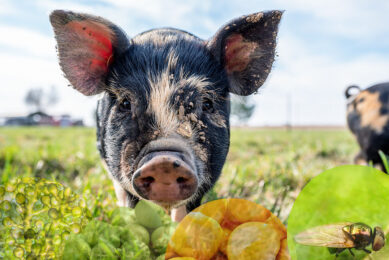
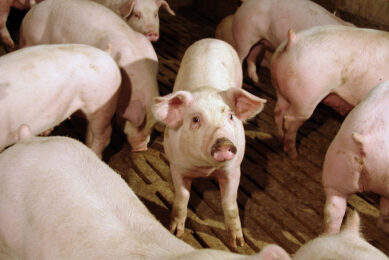
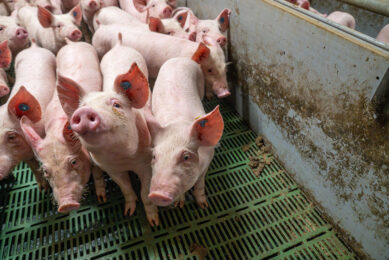
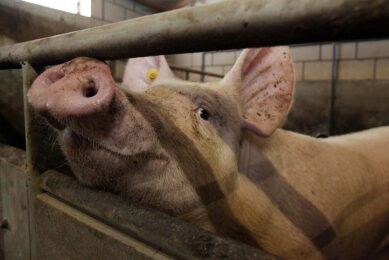




 WP Admin
WP Admin  Bewerk bericht
Bewerk bericht